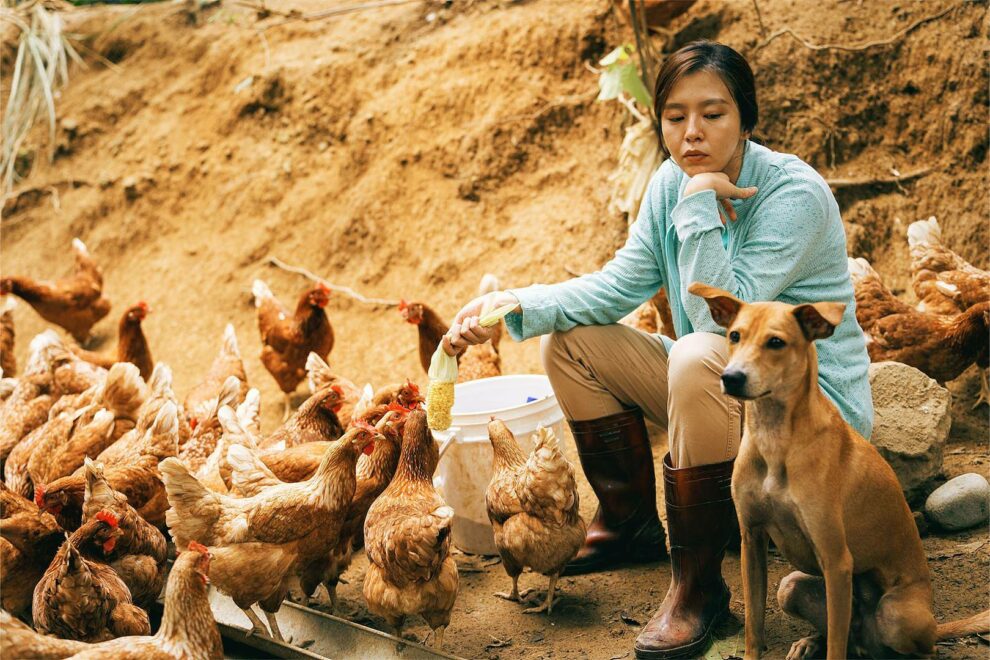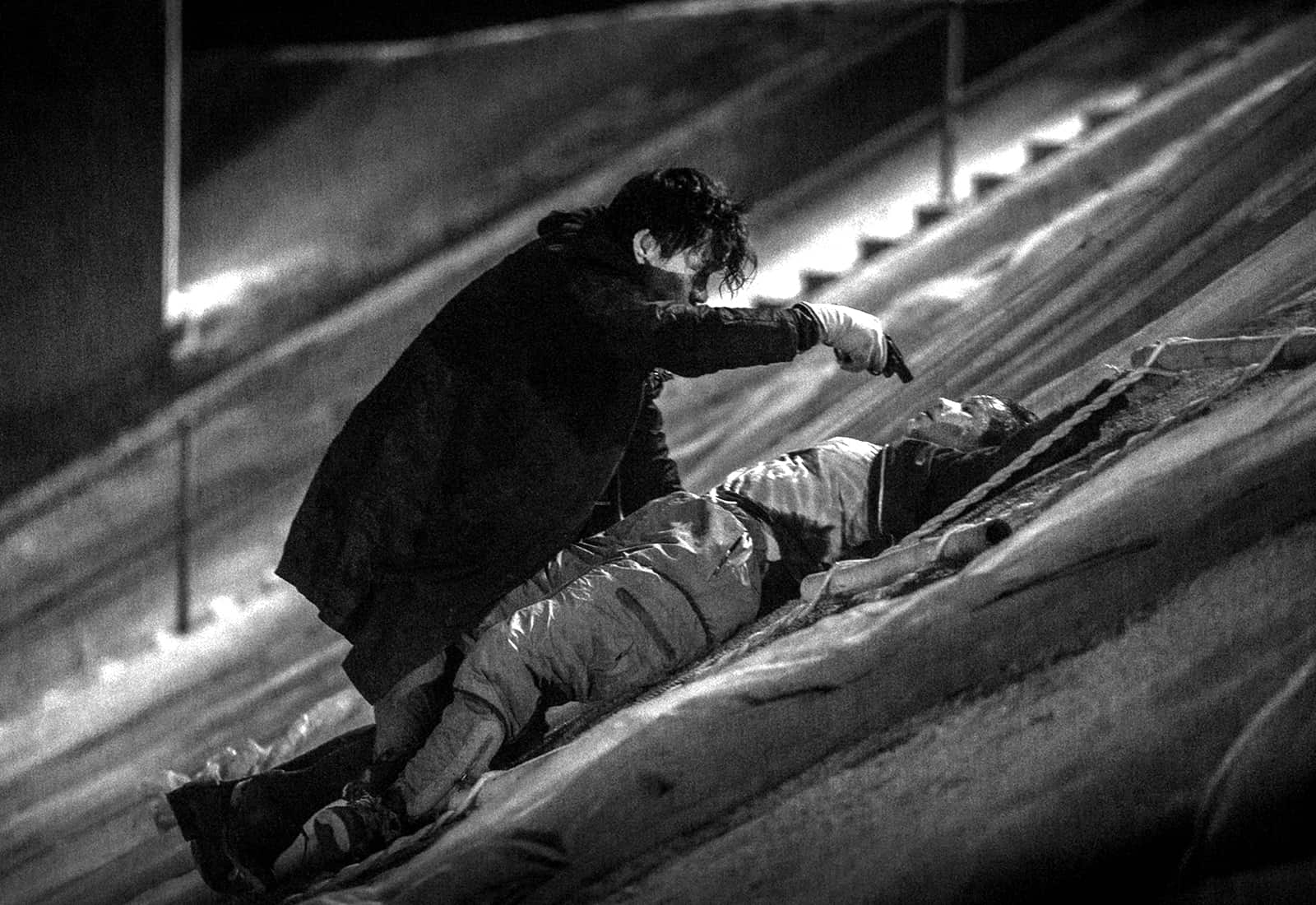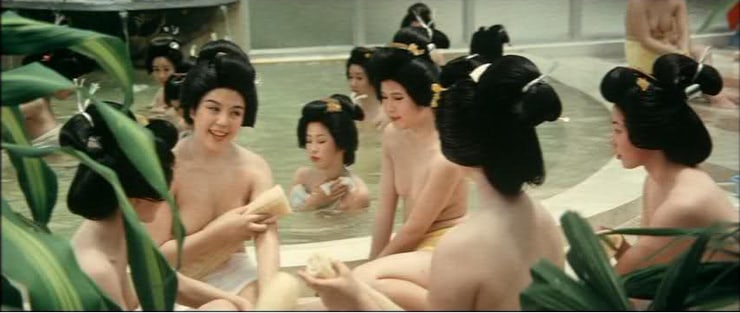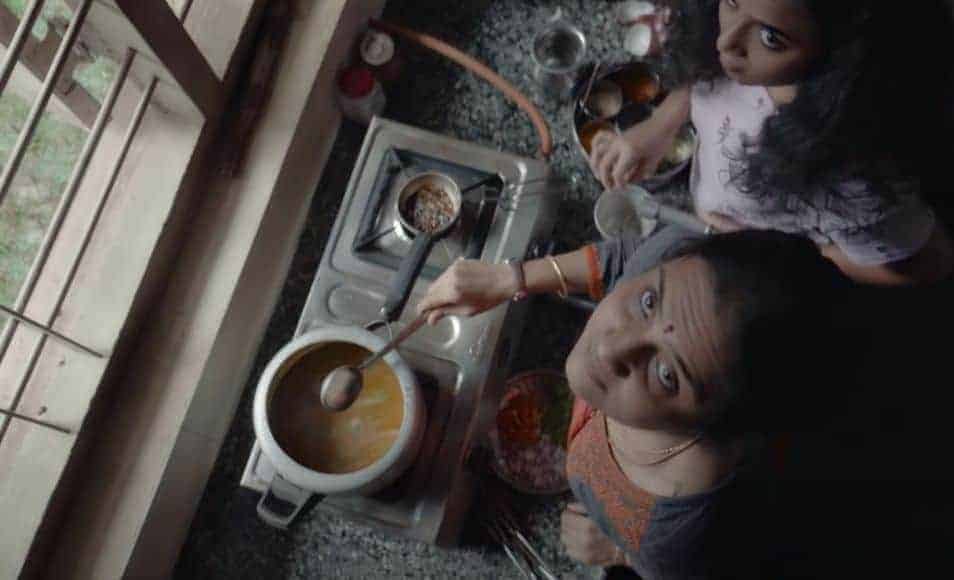It was a weird year for Busan in terms of selection, particularly because this time, there were no definite masterpieces particularly among the Korean and Japanese titles, who are usually the source of this kind of films. At the same time, though, the industry seems to gradually pick up once more after the Covid impact, as one could find a really significant number of good and very good films in the selection, highlighting the progress of Asian cinema this year. Furthermore, the choice to focus on Indonesian cinema was an ideal one, considering that the future of Asian movies seems to lie, currently, somewhere among the ASEAN countries, particularly story-wise. Furthermore, the South Asian entries also were particularly strong this year, cementing what we just mentioned. Lastly, and in a trend that seems to be picking up during the last few years, the short selection seems even more interesting on occasion that the features…
Without further ado, here is a list of this year's coverage of New York Asian Film Festival
1. Interview: Kazuo Hara
2. Film Review: Salli (2023) by Lien Chen-hung

Lien Chen-hung directs a film that is essentially split in three parts. The first one sets the tone for Hui-jun's current situation, essentially establishing her as a woman that was definitely meant for bigger things, but found herself stuck in a rural village, where she is the constant source of gossip for being single at her age. Also of note is the slightly humorous approach the director implements towards the presentation of the family's interrelationships, with Hui-Jun's brother essentially functioning as the “husband”, the man of the house, to the point that some notions of jealousy also arise in his sister towards his wife, and Xin-Ru being the daughter, in a rather smart and quite entertaining “trick” here.
3. Interviews: Esther Liu
4. Film Review: The Scavenger of Dreams (2023) by Suman Ghosh
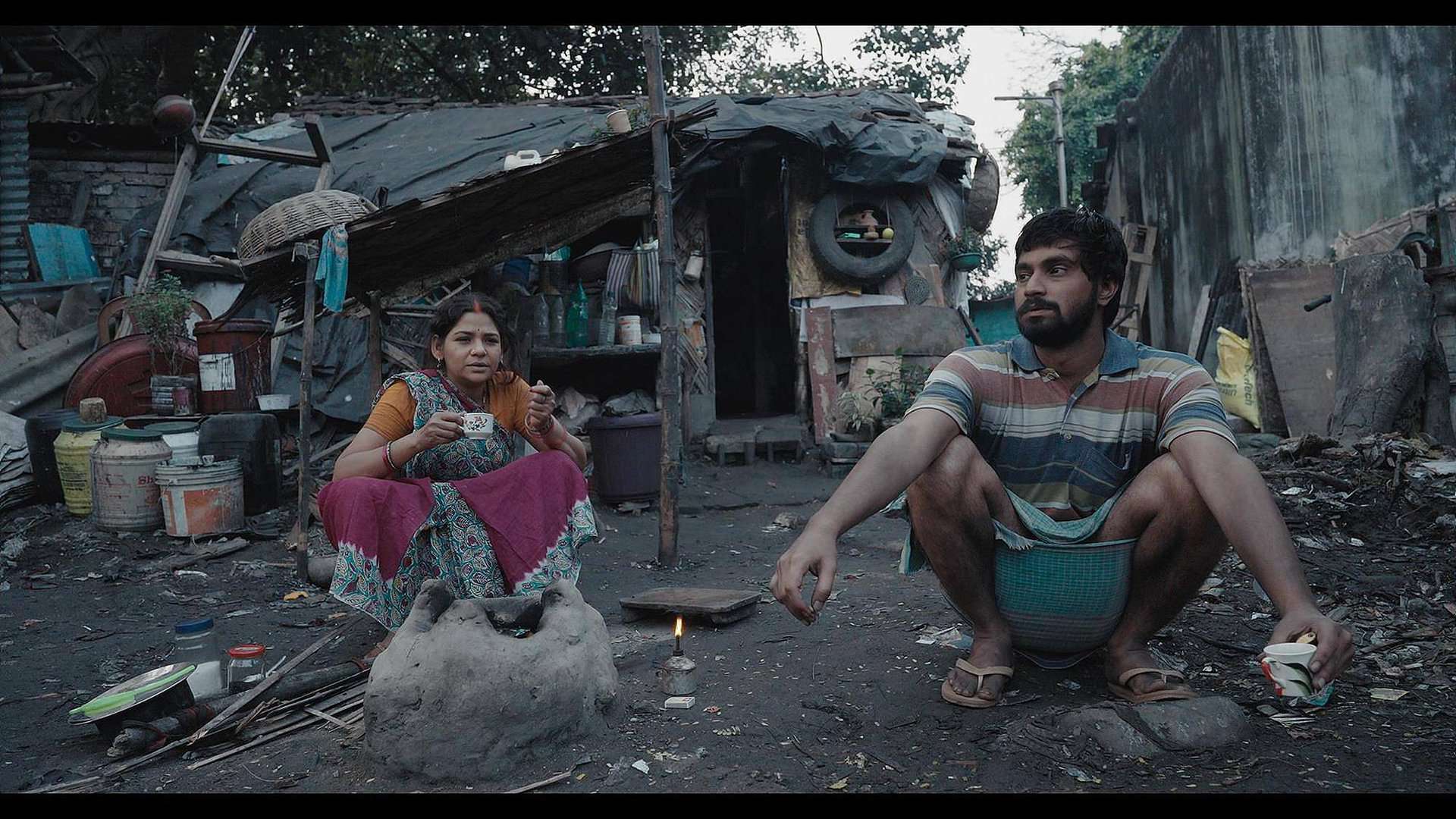
In that fashion, the whole concept of the electric vans is a remark on the impact of modernization in the workplace, with the consequences becoming evident even in the line of work Birju and Shona partake in. The concept of the people making a living by collecting arbage from the houses of the rich is also a pointed remark regarding inequality, with the racism that comes as a result also being presented in the film, in one of the most memorable scenes. The way the couple react to the discovery of a deodorant is indicative of this comment, with the same applying to the mobile phone, again in an approach that shows intently the difference in the lives of the rich and the poor (the Developed and the Underdeveloped countries) if you prefer. That the family and the rest of the people doing the same job find only solace in their dreams and imaginations, in the best case, and in alcohol, in the worse, cements the whole remark. Lastly, that even under these conditions, the need for sex is still there, can be interpreted as a comment on human nature.
5. Interview: Suman Ghosh and Shardul Bhardwaj talk to Panos Kotzathanasis
6. Film Review: The Moon (2023) by Yuya Ishii
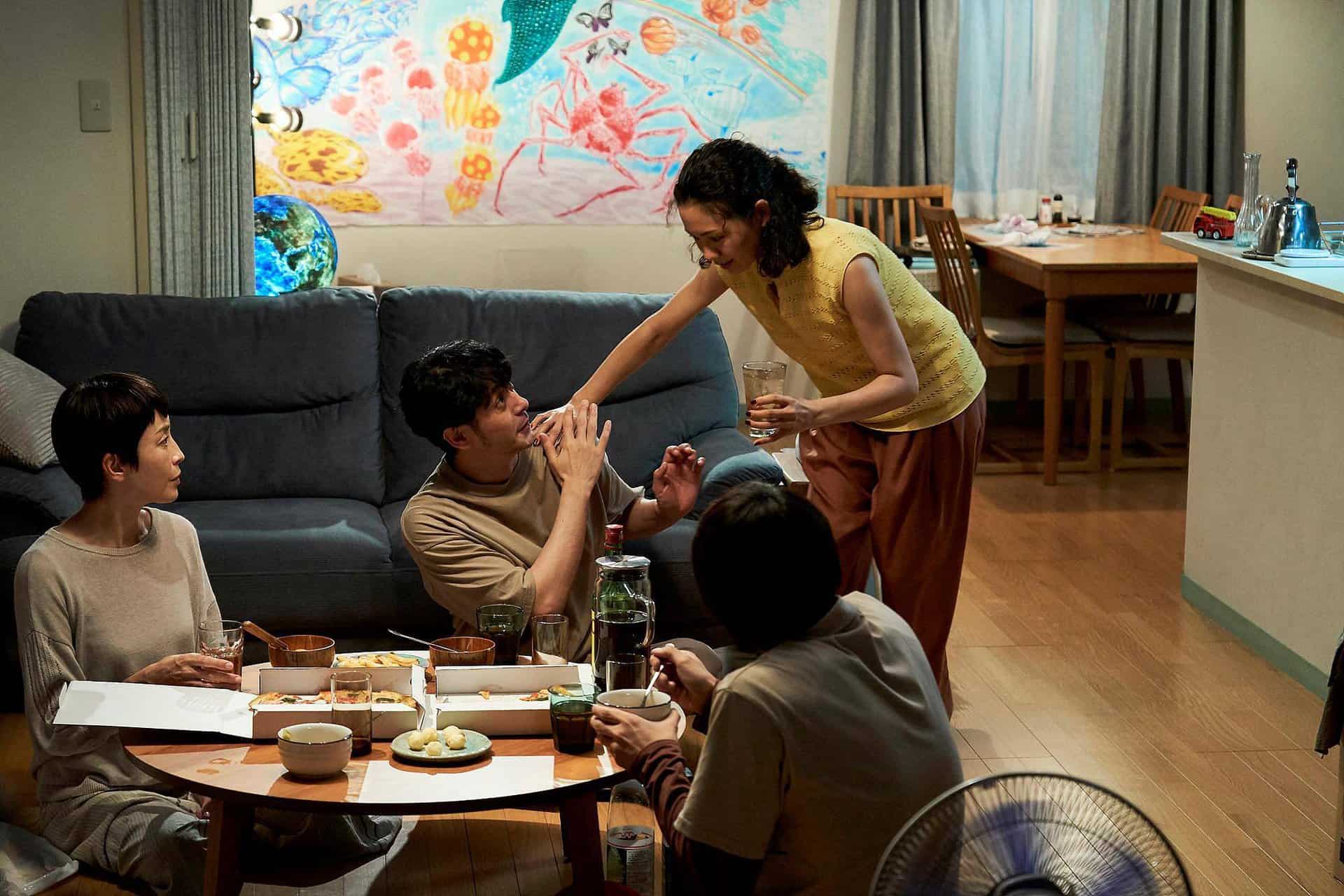
What becomes obvious from the beginning is that Ishii wanted to do too many things in “The Moon”. We have at least three stories that are quite interesting by themselves, in the faces of the two Yokos and Sato, while the relationship of the first with her husband and the second with her family could be main themes of a movie on their own. We also have the whole concept of the mishandling of the patients in the mental institution, which here takes a hypostasis that can only be described as gothically horrific. Furthermore, in this aspect, Ishii also includes a shock factor that appears a number of times, through the patients, with one in particular being quite grotesque, perhaps in an intense effort to take his point across.
7. Interview: Mostofa Sarwar Farooki and Nusrat Imrose Tisha
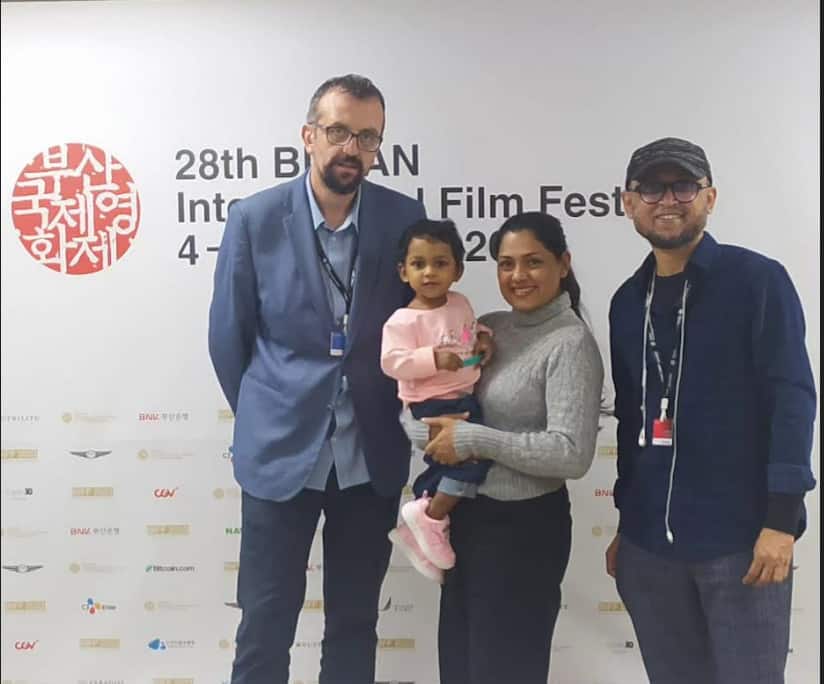
I have to start with this question, Mostofa. This is your first acting credit, how did you make this decision?
Farooki: Acting is a very vulnerable process. In front of the camera, you are alone, taking care of yourself. In front of the whole wide world, you are so alone. It always creates a sense of vulnerability and I was sensing this feeling would come. Also to expose one's own emotion in front of a camera is always a vulnerable thing. Therefore, initially I was not sure whether to act or not, although when Tisha and I were writing the script together, we knew that this had to be us. However, I was shaky when it came to making the decision. She was constantly pushing me and telling me, “This is a film you can make once in your lifetime. And in this film, if someone else performed in the role, the result would be completely different from us”. I still didn't decide but finally, Chorki's CEO and Tisha's pressure made me say, ‘let's do it'.
8. Film Review: Paradise (2023) by Prasanna Vithanage
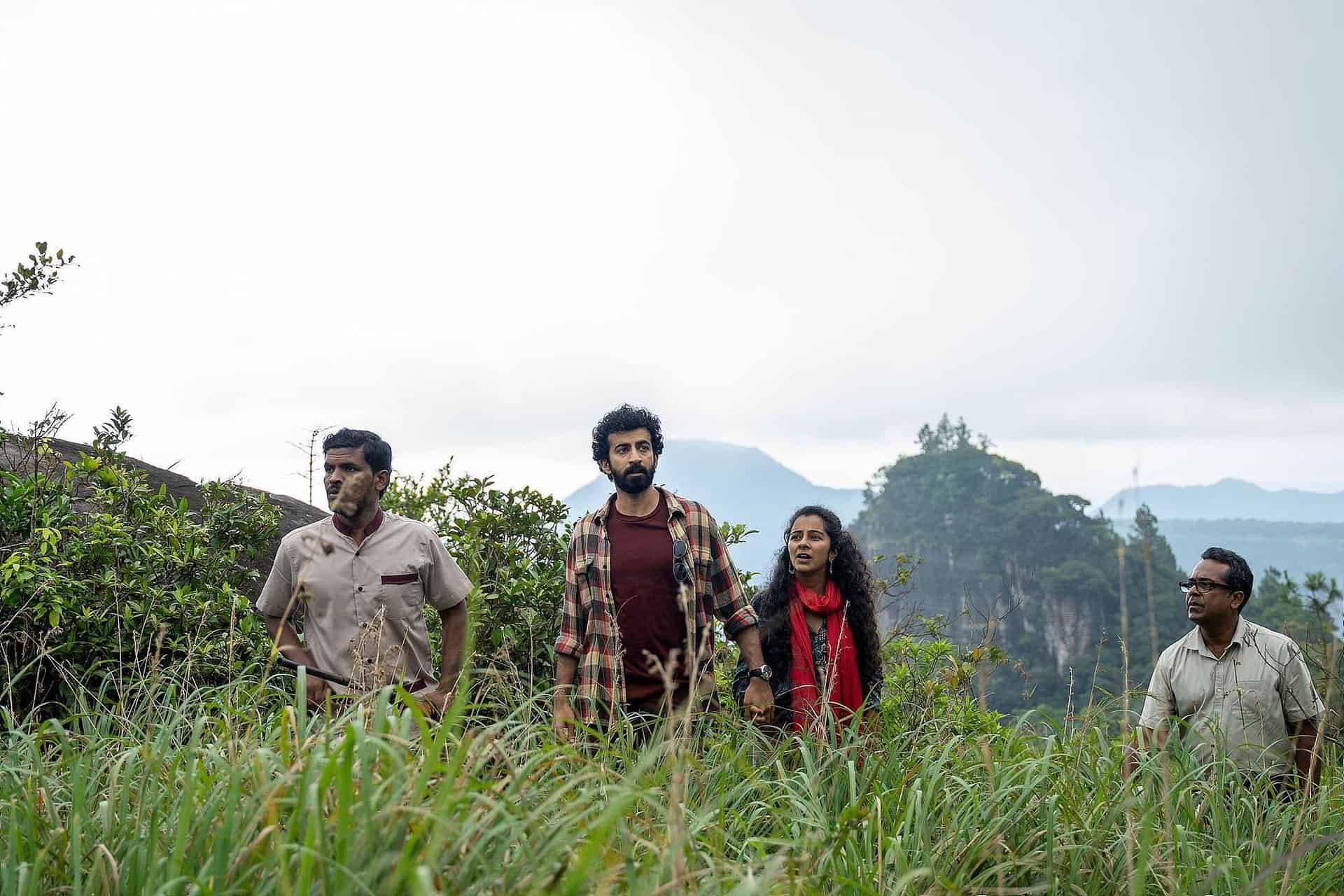
Prasanna Vithanage directs a film that is essentially split in two, with the robbing scene providing the dichotomy. The first part functions more as a tour guide highlighting the beauties of the country, with DP Rajeev Ravi capturing it in the most impressive fashion, providing another testament to one of the most appealing, to the eye at least, countries in the world. The comments, however, do start “creeping” in the narrative from here also, with the clash about the myths of Ramayana, as perceived by Sri Lankans and Indians, the dynamics of the boss and servant that are established between the couple and the locals, and the lack of specific accommodations in the hotel showcasing the situation the country is in.
9. Interviews: Prasanna Vithanage
10. Short Film Review: Everybody's Gotta Love Sometimes (2023) by Sein Lyan Tun
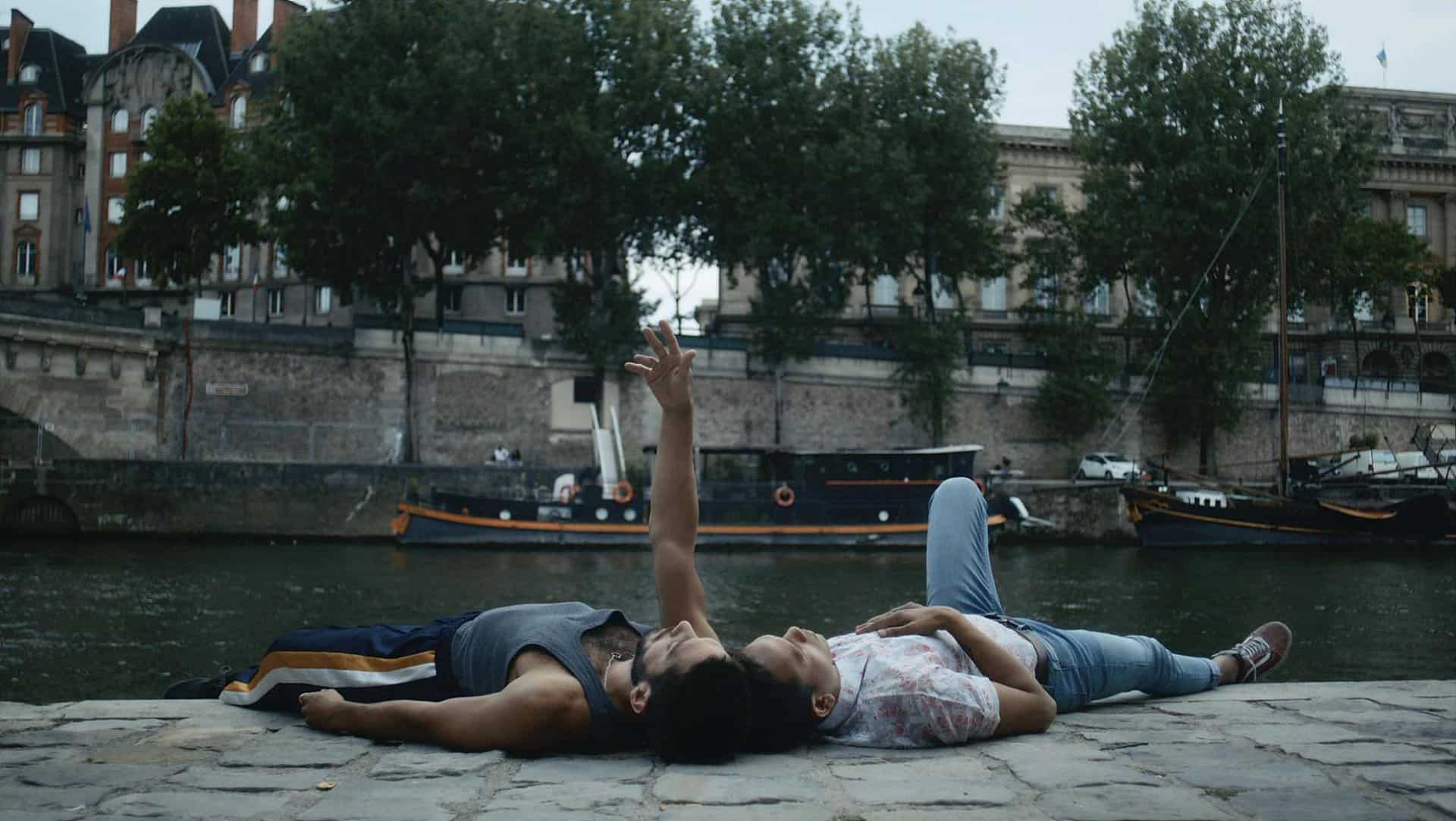
Considering that the premises of the movie are intensely autobiographical, the whole thing emerges as rather courageous, since individuals talking so openly about their urges, and even more when we are talking about a homosexual refugee, is not exactly common, and definitely takes a whole lot of courage for someone to open up like this. This, however, is exactly what Sein Lyan Tun does here, through the protagonist Ko Latt, who seems to embody the director's thoughts and mentality as accurately as possible, in a truly captivating performance.


